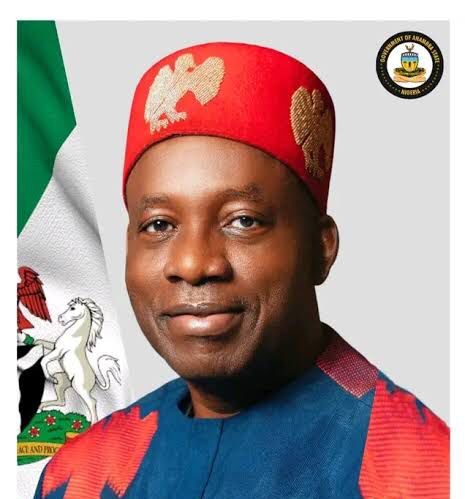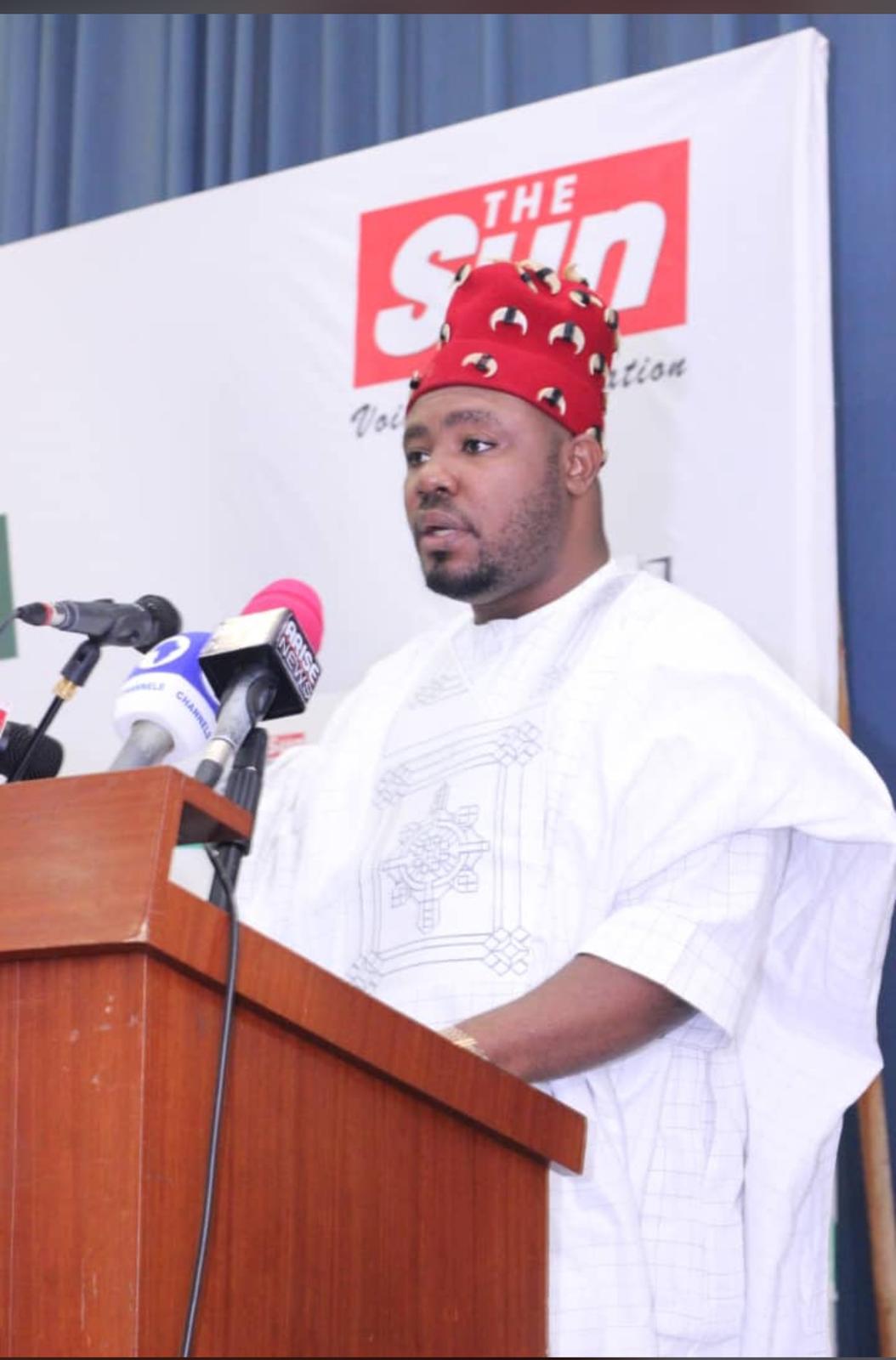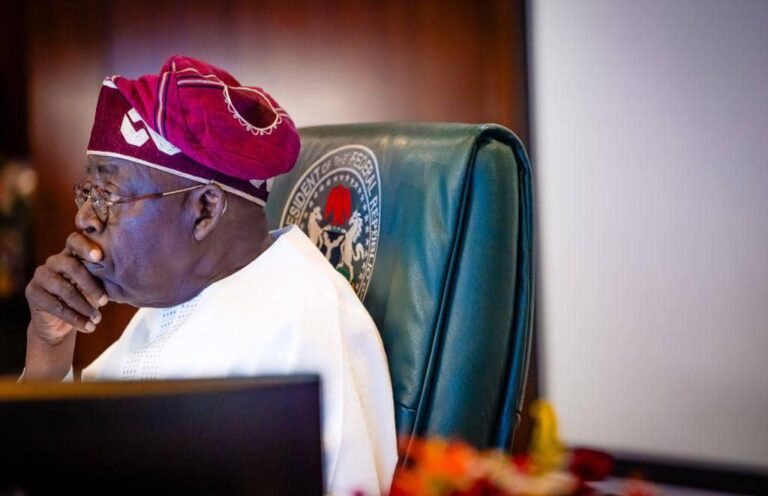House of Representative, Stakeholders to work with Power Industries in tackling Energy Outages, Build Resilient in Nigeria

By Fatima Saka
The House of Representative Committee on Power, and stakeholders have converged on two days meeting to address issues confronting the national electricity outage, economic instability as a result of breaking down of the national grid and other abnormalities in the power sectors.
In his opening remarks, Speaker of the House of Representatives, Rt. Hon. Abbas Tajudeen, commended the government’s efforts in overhauling the power sector.
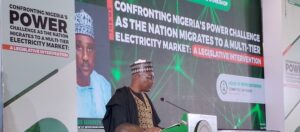
Speaker Abbas made this Commendation at Power Sector Stakeholders Interactive Dialogue/Workshop on Tuesday in Abuja, with the theme; Confronting Nigeria’s Power Challenges As the Nation Migrates to A Multi – Tier Electricity Market: Legislative Intervention.
The Speaker thereby emphasizes on the Electricity Act (Amendment) Bill, 2024, authorized electricity generation by states, companies, and individuals. and added that the House Committee on Power supports the President’s transformative agenda, focusing on economic growth and sector transformation.
Hom. Abbas reiterated that the Nigerian power sector faces challenges like inadequate generation capacity, infrastructure decay, and financial inefficiencies. Collaborative efforts between public and private sectors are crucial for reform. A multi-tier electricity market aims to enhance efficiency, encourage investment, and improve service delivery.
He expressed that the benefits of the multi-tier system will enhance competition, reliability, and targeted investments. However, challenges like regulatory complexities and resistance from stakeholders exist.
Speaker: “Concerns about increased tariffs impacting consumers and businesses have been raised. Technical and commercial losses within the value chain need addressing.
“Consultations preceding the new electricity system implementation were expected. The Electricity Act, 2024, mandates fair tariffs and consultation with stakeholders.
“The new tariff model should align with principles of just and fair pricing. Best practices from other countries can guide regulatory oversight and phased implementation for successful reform. Continuous stakeholder engagement is vital for meeting diverse needs and maintaining public trust,” he added.
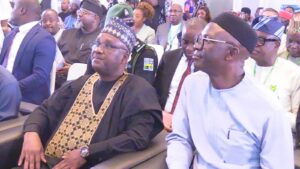
Hon. Victor O. Nwokolo, Chairman House Committee on Power, House of Representatives, while welcoming stakeholders to a two-day interactive dialogue/workshop on Nigeria’s power challenges, said that the event aimed to evaluate the progress in the Nigerian Electricity Supply Industry.
He further expressed that discussion and the transition to a Multi-Tier Electricity Market, is to explore solutions for power sector challenges, adding that the workshop sought to promote collaboration among stakeholders for a vibrant and resilient power sector.
“The objectives of the workshop included assessing the development of the Nigerian Electricity Supply Industry, discussing the transition to a Multi-Tier Electricity Market, and exploring innovative solutions to power sector challenges. Stakeholders from various sectors were encouraged to collaborate and propose actionable strategies for improvement.
“The workshop aimed to foster collaboration among legislators, government agencies, regulatory bodies, industry players, academia, and civil society to address challenges in the power sector.”
Further speaking, Special Adviser to the President on Power Mr. Sadiq Wanka, said the new structure in the power sector must prioritize providing an enabling environment at the state and wholesale market levels, as well as allowing the private sector to lead the way across the value chain.
He stressed that there is a lot to be excited about with the new Electricity Act, which has the core elements of resolving the structural issues that have hindered investments in the sector from liquidity challenges to the inadequate legal framework.
“The Electricity Act 2023 that was passed by the National Assembly and signed into law by President Bola Ahmed Tinubu seeks to overhaul the structure of the Nigeria Electricity Supply Industry.
“It proposes a structure that promotes more competition and greater scope for tailoring power solutions to local needs, while transitioning to a market structure that would attract much needed investments and promote environmental sustainability.
“The wholesale structural shift that the Electricity Act 2023 (as amended) and the associated constitutional amendment usher in, means we need to double down on ensuring an orderly transition to the new national electricity market framework,” Shettima added.
Also speaking, the Minister of Power, Adebayo Adelabu announced the proposed establishment of three gigawatts of solar energy sources across the 25 states in the North and South-west parts of the country.
Adelabu described this as a novel approach that will go a long way to solve the power problems and encouraged state governments to invest in power generation in their states.
The minister identified some major challenges confronting power supply in the country as inadequate generation capacity, supply constraints, inadequate transmission infrastructure, regulatory and policy constraints, inadequate financing and low investment due to lack of liquidity.
“These have resulted in energy deficits that have stifled growth, it has hindered industrialisation and diminished the quality of lives of millions of Nigerians compared to their counterparts in the West World. The present administration of His Excellency, President Bola Tinubu in his Renewed Hope Agenda is determined to address issues in the power sector and enhance the quality of life for all Nigerians.
“In his wisdom, he assented to the Electricity Act of 2023 which has regularized Nigerian electricity generation, transmission and distribution.
“We have investment proposals for establishment of 3 gigawatts solar energy sources across 25 states in the North and South-west. We are also encouraging state governments to invest in power generation in their states,” he added.


